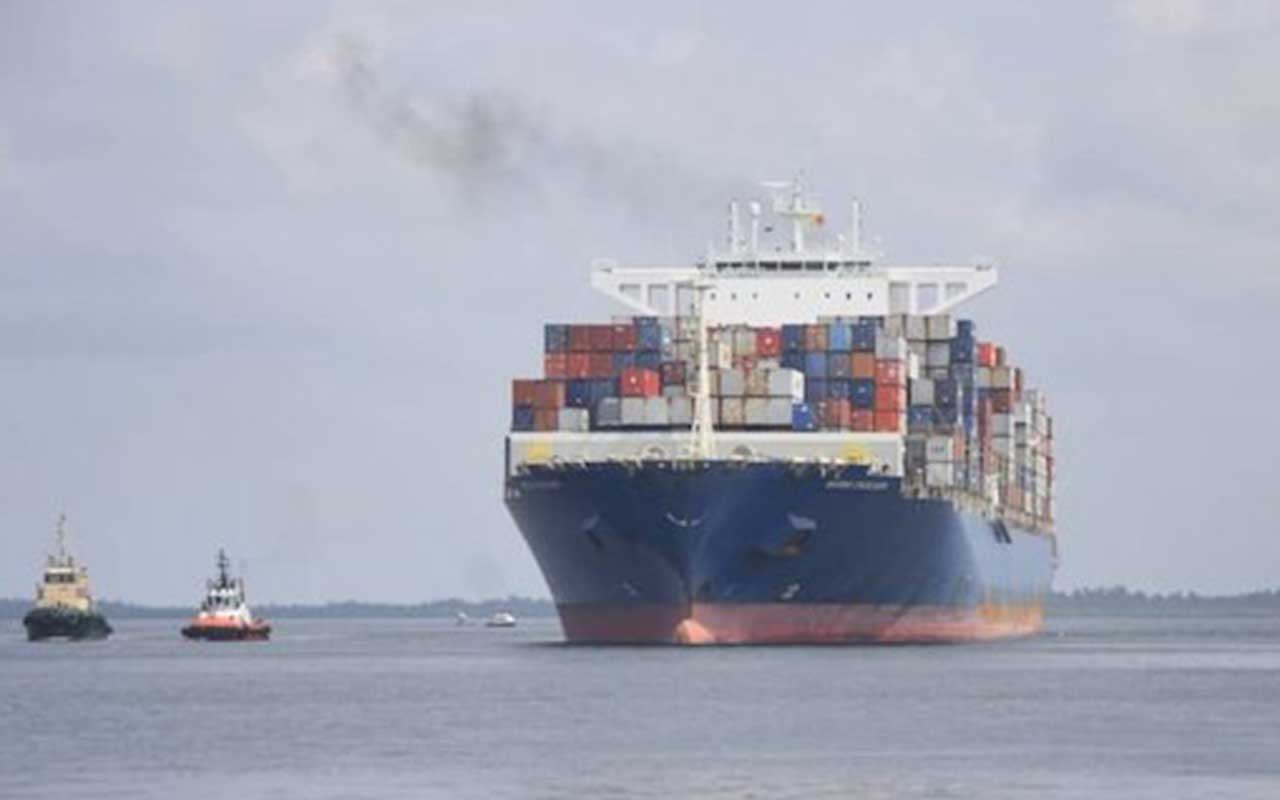 Nigerian shipowners and other global shipping countries are set to pay a yearly global greenhouse gas (GHG) emissions levy to help achieve the International Maritime Organisation’s (IMO) goal of net-zero emissions by 2050 or sooner.
Nigerian shipowners and other global shipping countries are set to pay a yearly global greenhouse gas (GHG) emissions levy to help achieve the International Maritime Organisation’s (IMO) goal of net-zero emissions by 2050 or sooner.
The proposed levies include $18.75, $100 and $150 per tonne of well-to-wake CO2 equivalent emissions.
This move follows backing from IMO member state shipowners and governments for creating a multi-billion-dollar decarbonisation fund sourced from the yearly GHG emissions levy.
A group of 47 IMO member states, alongside the International Chamber of Shipping (ICS), has already submitted a proposal to the IMO outlining the GHG emissions levy for shipping.
The proposal is supported by key shipping nations such as Greece, Japan, South Korea, major flag states, the Bahamas, Liberia, the Marshall Islands, Panama and all European Union (EU) countries and the European Commission.
The document, which includes draft amendments for MARPOL Annex VI, will be discussed at the 18th meeting of the ISWG-GHG in February, ahead of the Marine Environment Protection Committee (MEPC 83) meeting in April 2025.
To meet the timeline set by IMO’s Revised GHG Strategy, the Secretary-General of ICS, Guy Platten, stated that the mid-term measure must be approved at MEPC 83 for adoption at an extraordinary MEPC meeting later this year, enabling it to come into force by 2027.
Platten stated that the GHG levy aims to support the adoption of more expensive low-carbon fuels in shipping by narrowing the price gap between cleaner fuels and the cheaper, more polluting fossil fuels currently in use.
“The submission of this document to the Working Group on Reduction of GHG Emissions from Ships (ISWG-GHG) will see ships pay an annual levy per tonne of CO2-equivalent emissions into a fund to support the development and adoption of zero-carbon fuels in shipping,” Platten explained.
He further emphasised that the industry fully supports the adoption of a global GHG pricing mechanism by the IMO.
Platten described the joint proposal as a pragmatic solution and the most effective way to incentivise a rapid energy transition in shipping to meet the IMO’s net-zero emissions target.
Platten expressed satisfaction that such a large and diverse group of nations now supports a common approach to maritime carbon charging.
“This proposed joint text has been hard-fought and is broadly based on ideas that ICS has been advocating for the past 10 years. While most governments support a universal flat-rate GHG contribution by ships or something similar, a minority of governments continue to have concerns. Working cooperatively with all IMO Member States, we will do our best to address these concerns during the final stages of negotiations over the regulatory text,” he said.






